Ni-cd Aa Cell Rechargeable Battery 1000mah 1.2v
₨ 200
Ni-CD AA cell Rechargeable Battery 1000Mah 1.2v
-
Chemistry: Ni-Cd stands for Nickel-Cadmium, indicating the chemical composition of the battery. These batteries use nickel oxide hydroxide and metallic cadmium as their positive and negative electrodes, respectively.
-
Size: The battery is designed in the standard AA cell size, which is a common cylindrical form factor. This size makes it compatible with a wide range of devices, including remote controls, digital cameras, portable radios, and more.
-
Capacity: The battery has a capacity of 1000mAh (milliampere-hours). This represents the amount of electrical charge it can store and deliver over time. Higher mAh ratings generally mean the battery can power a device for a longer duration before needing to be recharged.
-
Voltage: The battery has a nominal voltage of 1.2 volts. This voltage is typical for rechargeable Ni-Cd batteries. It’s lower than the 1.5 volts of non-rechargeable alkaline batteries, so some devices may not operate at their full potential with Ni-Cd batteries. However, it’s compatible with most devices designed for AA batteries.
-
Rechargeable: One of the primary advantages of this battery is that it is rechargeable. This means you can use it multiple times by recharging it when it runs out of power, which can save money and reduce waste compared to single-use disposable batteries.
-
Charging: Ni-Cd batteries require a specific charger designed for Ni-Cd chemistry. Overcharging or improper charging can reduce their lifespan or even cause damage, so it’s important to use a compatible charger.
-
Memory Effect: Ni-Cd batteries are known for their susceptibility to a phenomenon called “memory effect.” This means that if you don’t fully discharge the battery before recharging it, it may “remember” the reduced capacity, resulting in shorter runtimes. To mitigate this, it’s recommended to perform occasional deep discharges and charges.
-
Environmental Considerations: Cadmium, one of the components in Ni-Cd batteries, is a heavy metal and poses environmental concerns. Because of this, many countries have restricted the use of Ni-Cd batteries and encourage the use of more environmentally friendly alternatives like nickel-metal hydride (Ni-MH) or lithium-ion (Li-ion) batteries.
Be the first to review “Ni-cd Aa Cell Rechargeable Battery 1000mah 1.2v” Cancel reply
Related products
Arduino Modules Components
1 Kit 6 Pin Way Electrical Wire Connector Plug Set auto connectors with cable/total length 21CM
Arduino Modules Components
0.1mm Pcb Link Jumper Wire Copper Soldering Wire Maintenance Jump Line
Arduino Modules Components
1 Meter 10pcs Hard Jumper Wires 100cm Spiral Wrap Wires 10 Core Cable


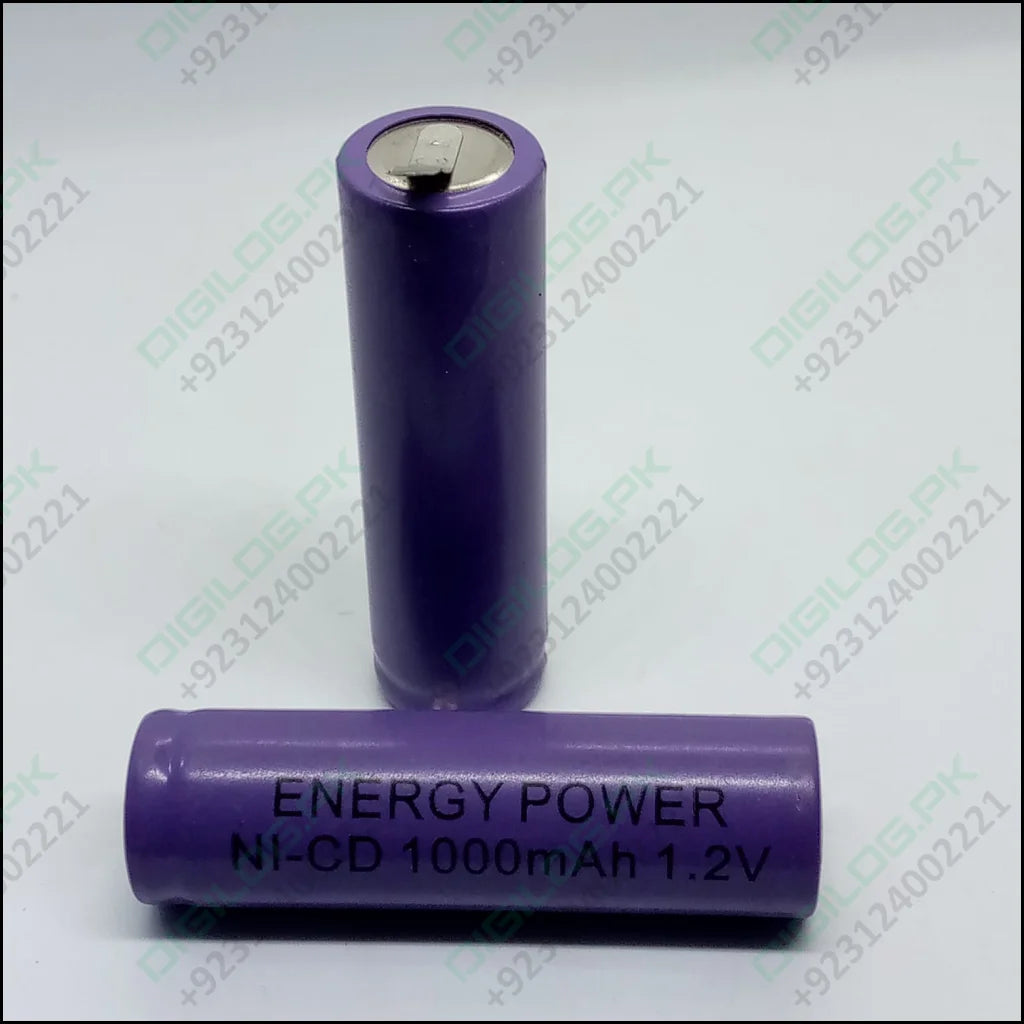
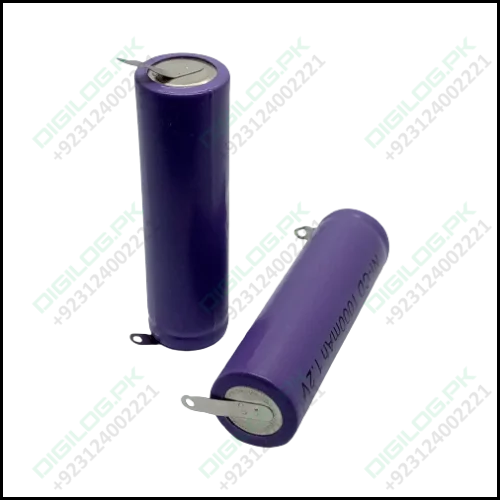
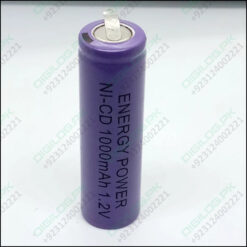
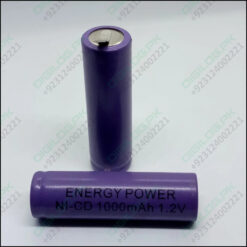
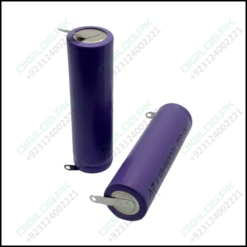
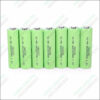

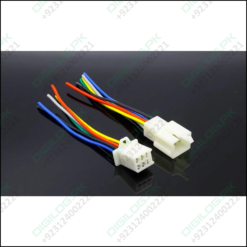
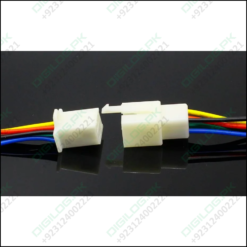
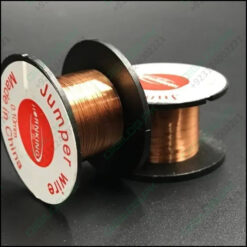
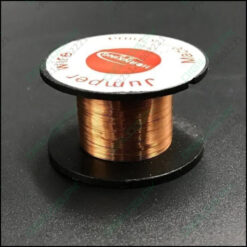
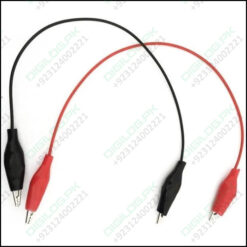

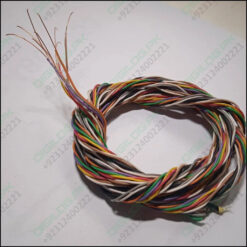


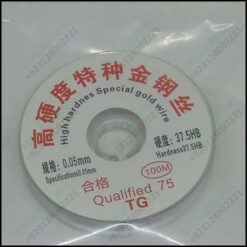
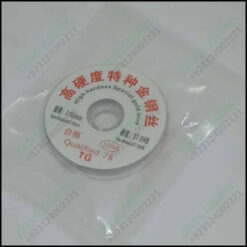




Reviews
There are no reviews yet.